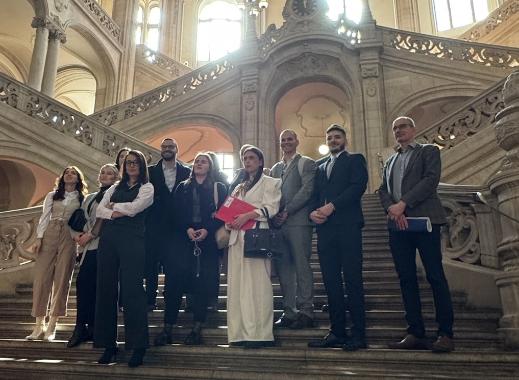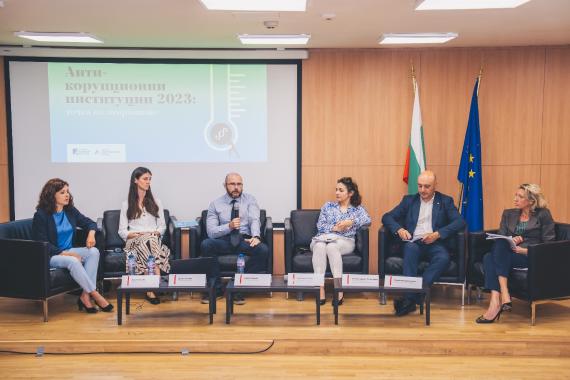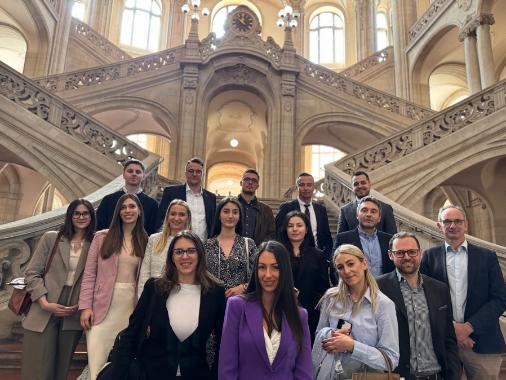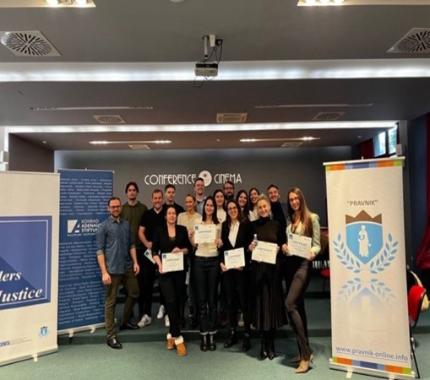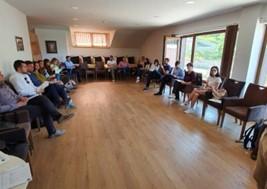Country Reports
Short political reports of the KAS offices abroad
The Konrad-Adenauer-Stiftung is a political foundation. Our offices abroad are in charge of over 200 projects in more than 120 countries. The country reports offer current analyses, exclusive evaluations, background information and forecasts - provided by our international staff.
Event Reports
The Konrad-Adenauer-Stiftung, its educational institutions, centres and foreign offices, offer several thousand events on various subjects each year. We provide up to date and exclusive reports on selected conferences, events and symposia at www.kas.de. In addition to a summary of the contents, you can also find additional material such as pictures, speeches, videos or audio clips.
Press Review
On a monthly basis the Rule of Law Programme South East Europe publishes a press review collecting selected articles and reports from newspapers and news portals in English and German. Giving our readers an overview over the most important developments, we focus on news reports in the areas of democracy and the rule of law. The press review covers the following ten countries, where we also implement our activities: Albania, Bosnia and Herzegovina, Bulgaria, Croatia, Kosovo, Montenegro, North Macedonia, Republic of Moldova, Romania and Serbia.
Translation of Federal Constitutional Court decisions
In order to strengthen the institutional and judicial cooperation between Germany and the countries of South East Europe, Konrad-Adenauer-Stiftung considers translations of landmark decision of the Federal Constitutional Court as an important step in the realm of preserving fundamental rights and liberties, safeguarding the constitutional order and applying the rule of law. All decision so far translated can be accessed in several official languages of the countries of South East Europe (PDF file and EPUB).




